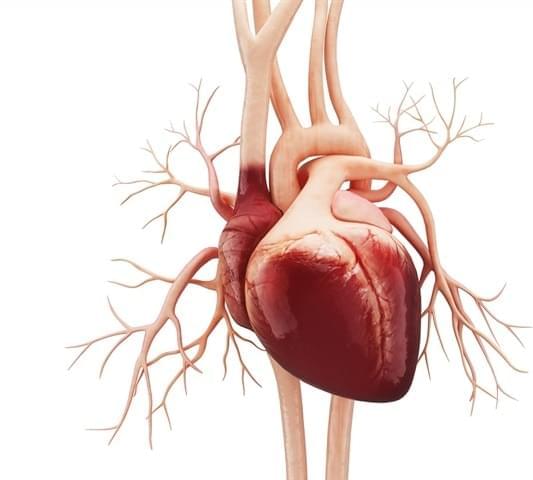In January 2021, EPFL engineers announced in Advanced Science their concept of a novel cardiac assist device that is devoid of rigid metallic components. It consists of a soft, artificial muscle wrapped around the aorta that can constrict and dilate the vessel, ultimately enhancing the aorta’s natural function and aiding the heart to pump blood to the rest of the body.
Now June 2021, EPFL engineers led by Yves Perriard of the Laboratory of Integrated Actuators in collaboration with University of Bern, have successfully implanted their first artificial tubular muscle, in vivo, in a pig. During the 4-hour long operation, their cardiac assist device maintained 24 000 pulsations, of which 1,500 were activated artificially by the augmented aorta.
More information with downloadable pdf:
https://infoscience.epfl.ch/record/296049
In January of this year, EPFL engineers announced in Advanced Science their concept of a novel cardiac assist device that is devoid of rigid metallic components. It consists of a soft, artificial muscle wrapped around the aorta that can constrict and dilate the vessel, ultimately enhancing the aorta’s natural function and aiding the heart to pump blood to the rest of the body.
Now, EPFL engineers led by Yves Perriard of the Laboratory of Integrated Actuators in collaboration with University of Bern, have successfully implanted their first artificial tubular muscle, in vivo, in a pig. During the 4-hour long operation, their cardiac assist device maintained 24 000 pulsations, of which 1,500 were activated artificially by the augmented aorta.
The feat has unlocked a remaining 8 million CHFs out of 12 from the Werner Siemens Foundation to develop artificial muscles more generally.
